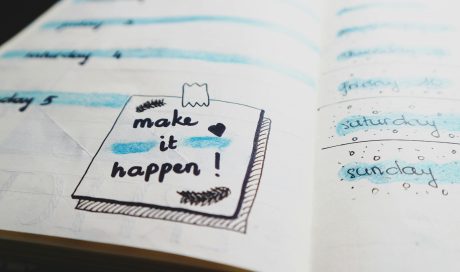Recruiting the right people is one of the most important investments any business can make. A great hire can boost productivity, improve team morale and strengthen your company culture. A poor hire, on the other hand, can cost valuable time, money and resources – and may even disrupt your existing team.
As a recruitment agency, we’ve sat through countless interviews, observed candidate behaviour and listened to client feedback. While interviews are a chance for candidates to shine, they’re also the best opportunity for employers to spot red flags before making a hiring decision.
Here are some key warning signs to watch for:
Lack of Preparation
If a candidate hasn’t researched your company, struggles to explain why they want the role, or can’t articulate what your business does, it shows a lack of commitment. Strong candidates will arrive with at least a basic understanding of your industry and values.
Poor Communication Skills
Interviews are a candidate’s opportunity to showcase themselves. If they can’t clearly express their experiences, avoid eye contact, or provide vague answers, it may suggest issues with communication in the workplace. While nerves are natural, consistently unclear responses can be a concern.
Negative Comments About Previous Employers
It’s important to listen to how a candidate talks about their past roles. Frequent complaints or openly criticising former employers may indicate a lack of professionalism. Instead of problem-solving, these individuals may carry negativity into your business.
Inconsistent Career Story
Pay attention to gaps in employment, frequent job-hopping, or inconsistencies between the CV and interview answers. While these aren’t dealbreakers, they should prompt deeper questions. A strong candidate will be open and honest about their career journey.
Overemphasis on Salary and Benefits
It’s natural for candidates to be curious about pay and perks, but if their main focus seems to be “What’s in it for me?” rather than how they can contribute, it could signal issues with long-term engagement. Look for a balance between ambition and genuine interest in the role.
Evasive or Generic Answers
When a candidate struggles to provide specific examples of skills, achievements, or challenges they’ve overcome, it can suggest gaps in experience. STAR (Situation, Task, Action, Result) answers usually show a candidate has real-world examples to back up their claims.
Cultural Misalignment
Skills can be taught, but values are much harder to change. If a candidate’s attitude or behaviours don’t align with your company culture, that’s a red flag. Pay attention to whether they demonstrate adaptability, teamwork, and a willingness to grow.
No candidate is perfect and it’s important to balance red flags with potential. Sometimes nerves or inexperience can explain away concerns. However, by being aware of these warning signs, you can make more informed hiring decisions and avoid costly mistakes.
Of course interviewers need the skills to probe beyond the surface, ask open questions, and dig a little deeper when something doesn’t add up. A candidate may give a vague or polished response, but with the right follow-up, you can uncover valuable insights about their experience, attitude and potential fit for your team.
Structured, well-prepared questioning not only helps reveal red flags but also ensures you don’t overlook hidden strengths that could make someone an excellent hire.
Using Job Descriptions to Shape Interview Questions
A well-written job description isn’t just a tool for advertising a vacancy it’s also a tool for your interview process. Every essential responsibility, skill and behaviour listed in the job description can be turned into a tailored interview question.
For example, if the role requires “strong problem-solving skills,” you might ask:
“Can you describe a time you faced a challenge at work and how you resolved it?”
If teamwork and collaboration are highlighted, you could dig deeper with:
“Tell me about a time you had to work with someone with a very different working style. How did you adapt?”
By aligning your questions with the job description, you ensure the interview stays focused on the specific requirements of the role. It also makes it easier to compare candidates fairly, since everyone is assessed against the same criteria. Most importantly, it helps you separate candidates who sound good on paper from those who can truly deliver in practice.
At Personnel Placements, we work closely with businesses to spot these red flags early, ensuring you connect with candidates who are not only skilled but the right fit for your team.
Need support with creating effective job description or interview questions? Give Lynne a call on 01722 3344 or drop her an email here.



